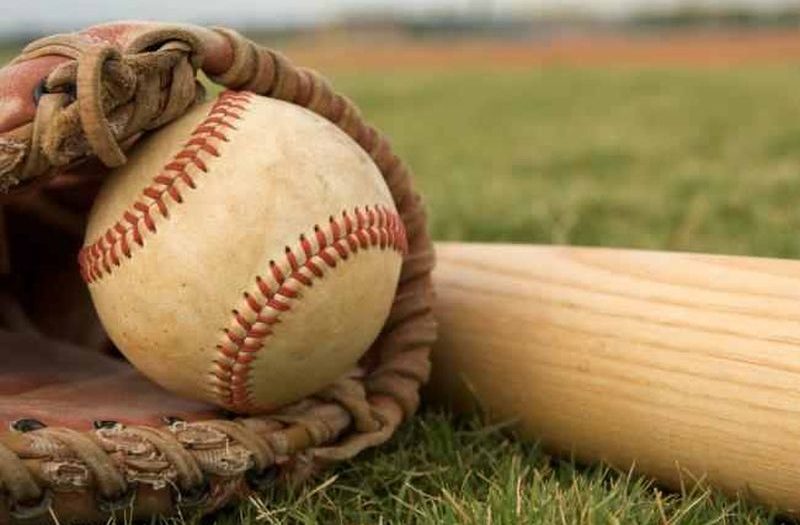In a campaign once again marked by the pandemic, which caused the cancellation of some events, including the Pan American Championship and the World Cup, both in the youth category, the national sport was proclaimed a National Cultural Heritage.
The international debut of the year took place at the end of May in the pre-Olympic competition, held in Florida, United States, where a direct ticket to Tokyo and another place in the world repechage were awarded. Setbacks against Venezuela and Canada, with identical scores of six goals to five, deprived the Antillean baseball of being able to fight for the qualification to its sixth Olympic Games, where Cuba was present in five finals and won the gold medal in three of them.
Failures in the starting pitching, which endured three runs in the same first inning in both challenges, and a discreet offensive productivity with runners on base, leaving 16 men on base, eight in each game, were the most evident causes of this new failure of Cuban baseball.
Three months after the pre-Olympics came the U-23 World Cup, organized in the Mexican cities of Obregon and Hermosillo, where the Antillean team placed fourth.
The disciples of ex-receiver Eriel Sanchez had a negative debut against Mexico, but managed to recover with victories against Taipei of China, Germany, Czech Republic and Dominican Republic, which allowed them to advance as second in their group to the Super Final Round.
A pair of consecutive defeats against Venezuela and Colombia left the Antillean team with no chance of reaching the final, and they had to settle for the bronze medal, thanks to their hard-fought victory in Regla Ibaf against Panama.
In the dispute for the third place, the Colombians were again defeated by Cuba, and with a 5×3 success they left the Caribbean out of the podium.
This U-23 World Cup was marked by the abandonment of 12 Cuban players, who left the team before, during and after the end of the competition, which influenced the final result.
This same situation and the age limit up to 23 years old caused the Cuban national team to attend the Pan American Youth Games with a squad where only seven World Cup players repeated, and in which players with little experience, not only internationally, but also at the local level, predominated.
Defeats against Nicaragua 3×2 and Colombia 8×0 placed Cuba in the dispute for the bronze medal, which they finally won by defeating Venezuela 9×1, in an event where the hosts won the gold medal and a place in the baseball tournament of the Pan American Games in Chile, in 2023.
The year 2021 was another year shaken by the pandemic and Cuban baseball had to mourn the physical departures of national commissioner Ernesto Reinoso, in April, and a month later of the president of the local federation, Higinio Vélez.
Precisely both directors contributed to the debut of a Cuban team in the Caribbean Cups, which held its third edition, between late June and early July, in Curacao.
The tournament was postponed twice due to the pandemic and was finally held with only four teams, as a tribute to Higinio Velez.
Despite being a competitively devalued tournament due to the presence of only the Netherlands Antilles, Peru and the hosts from Curaçao, Cuba was unable to win the final duel against the locals.
Results aside, the year ends with the proclamation of Cuban baseball as Cultural Heritage of the Nation, an event that took place on October 19 at the Palmar de Junco stadium, in the province of Matanzas.
For 2022, although it is yet to be confirmed, Cuban baseball must compete in the under-15 category, and seek to qualify for the Central American and Pan American Games, scheduled for El Salvador and Chile, respectively.
 Escambray ENGLISH EDITION
Escambray ENGLISH EDITION





Escambray reserves the right to publish comments.